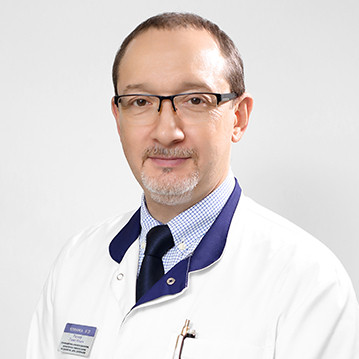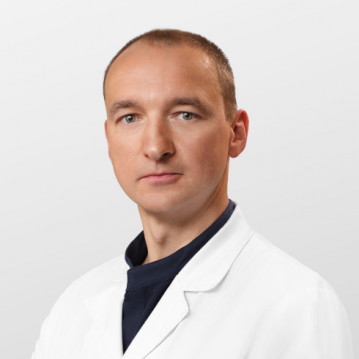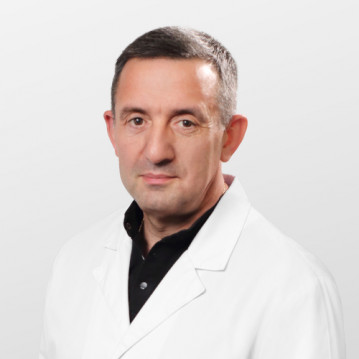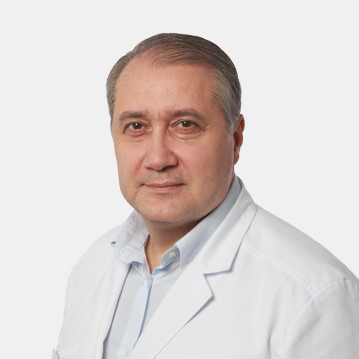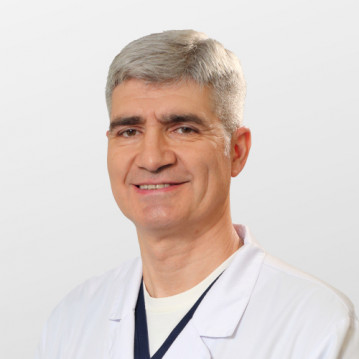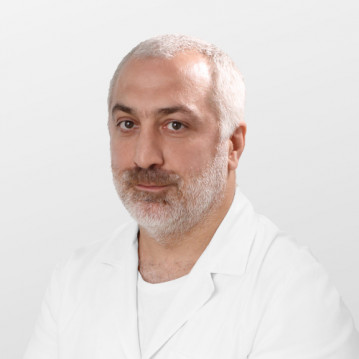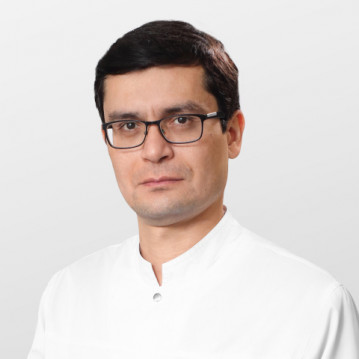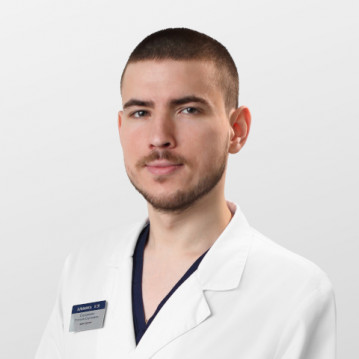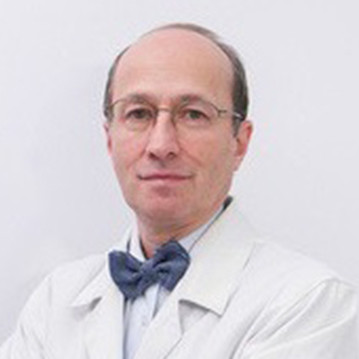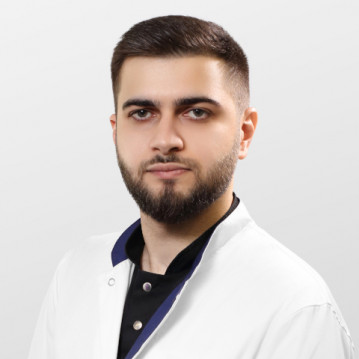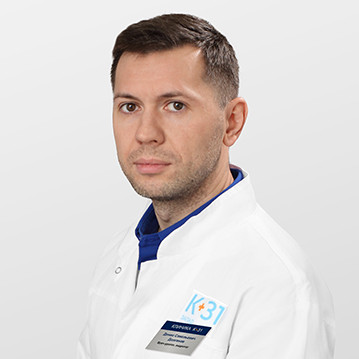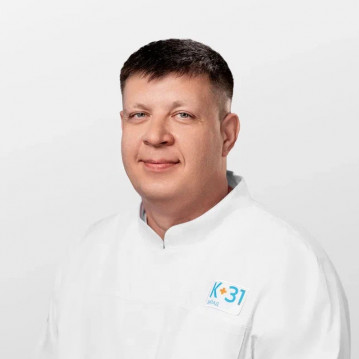Male reproductive tract cysts are fluid-filled masses that form in various areas, including the testicles, epididymis, and spermatic cord. Cause no symptoms, painless. They are found on ultrasound during a routine examination. Pain appears when the formation increases. The choice of therapy depends on the size and characteristics of the capsule, the presence of symptoms, and other medical factors. In most cases, it is removed surgically.
Highly qualified urologists-andrologists with extensive experience in the diagnosis and treatment of cysts of the male reproductive organs work at the K + 31 multidisciplinary medical center. The clinic is equipped with modern medical equipment. Doctors work according to international protocols. This allows you to identify diseases at an early stage, diagnose and prescribe timely therapy.
Causes of cysts
Reproductive organ cysts in men can form for various reasons. The most common include:
- A hydrocele is an accumulation of fluid in the lining of the male gonad due to injury, infection, or inflammation.
- Epididymitis is an inflammation of the thin tube that runs along the back wall of the male gonad. It can cause the formation of a capsule with liquid contents in the testicle and scrotum.
- Varicocele is an enlargement of the veins in the scrotum, forms capsules with liquid contents and reduces the size of the gonad.
- Testicular cancer is rare, fluid-laden masses may be associated with testicular cancer.
- Spermatocele - a capsule forms in the spermatic cord, which may contain sperm.
- Injury also forms capsules.
In addition, liquid capsules occur due to hormonal imbalances, infections and other diseases. If you find a cyst on the testicle, contact a urologist or andrologist at the K + 31 clinic for a qualified consultation and examination.
Symptoms of cysts in male reproductive organs
In most cases, these formations in the reproductive organs in men do not cause any symptoms, and they are discovered by chance during examination for other diseases. However, in some cases, the following symptoms may be present:
- Pain or discomfort in the testicle or scrotum.
- Heavy feeling in the scrotum.
- Increase in the size of the male gonad.
- Sensation of pulsation in the gland.
- Scrotum swelling.
- Presence of symptoms of infection, such as pain and discharge from the urethra, fever.
If you have any of these symptoms, you should consult a urologist or andrologist for diagnosis and treatment. Some capsules may be benign and do not require therapy, but in some cases, surgery may be required.
Diagnosis
Diagnosis of capsules with liquid contents in the reproductive organs of men includes the following methods:
- Palpation of the male gonads and scrotum: the doctor checks for formations by palpation. This helps determine the size and shape of the formation.
- Ultrasound (ultrasound examination): allows you to see the capsules and determine their size, shape and character.
- Computed tomography (CT) or magnetic resonance imaging (MRI): these methods are used to visualize the fluid capsule and surrounding tissues in more detail.
- Biopsy: When a malignant tumor is suspected, the doctor recommends a biopsy to take a tissue sample for further analysis.
Depending on the symptoms and diagnostic results, the doctor decides on therapy or additional research.
